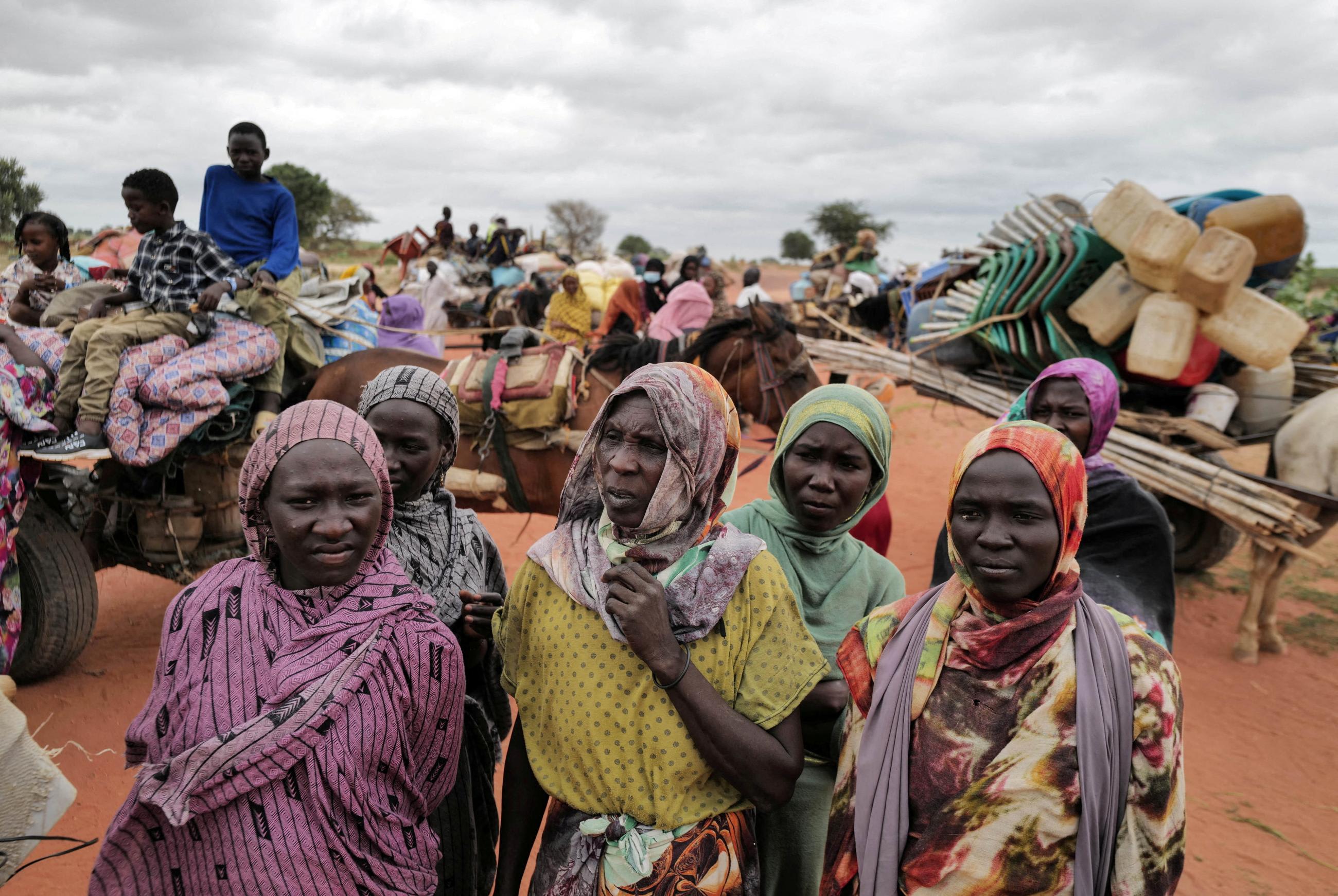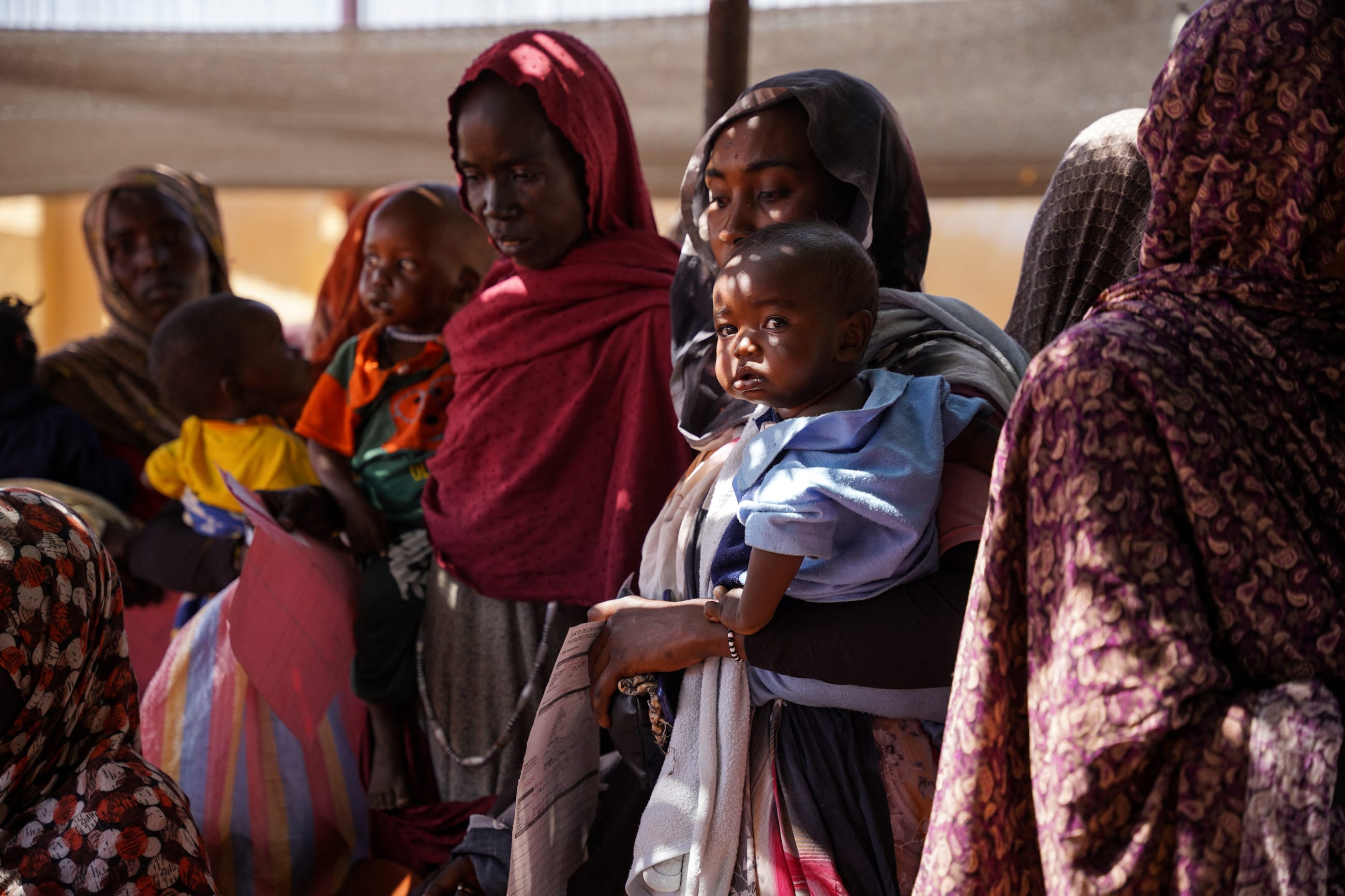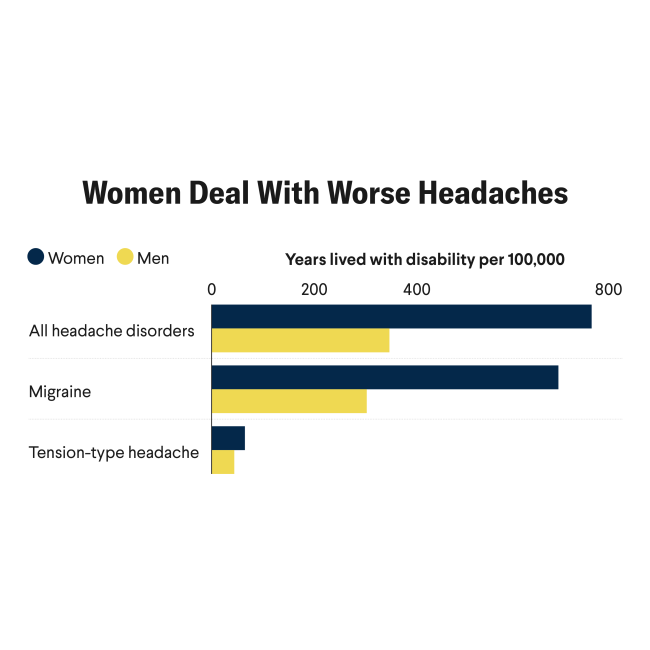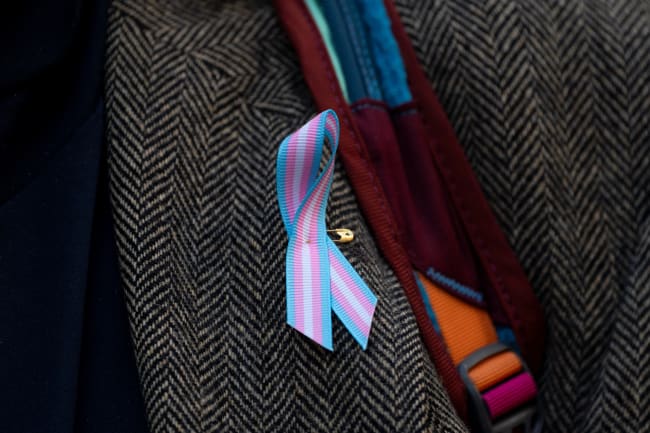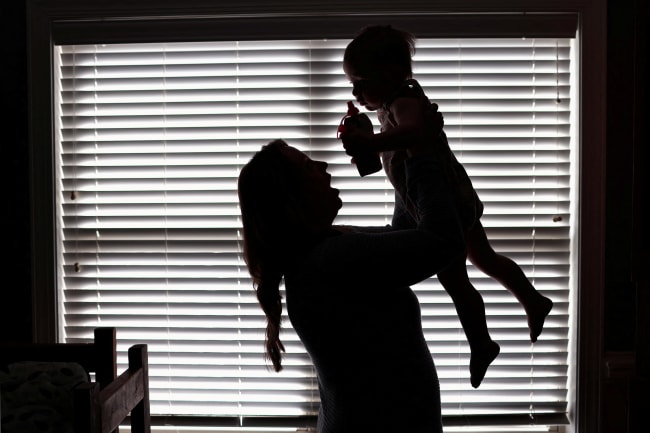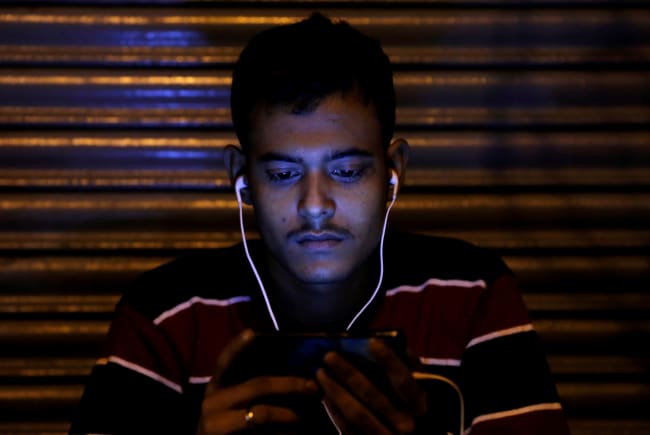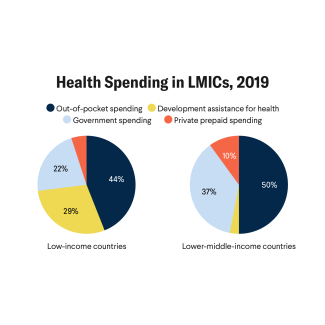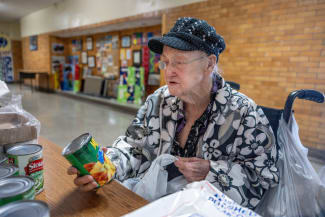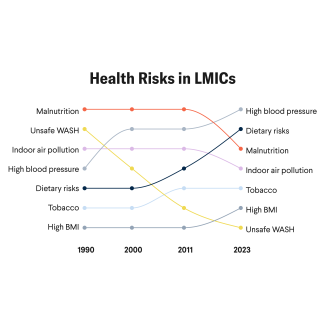A woman lies on a hospital bed in Niamey, Niger, motionless, hooked up to an IV working overtime to rehydrate her body after searing heat had drained nearly all its water. Her body fights desperately to soak up fluids and survive the 104°F days. The city's suffocating heat is becoming less of a silent killer and more of a blaring concern.
Scenes like this peppered the Sahel region earlier this year. In Mali, the temperature reached 119°F in April. One hospital in its capital, Bamako, recorded more than 100 heat-related deaths in just four days. That toll is estimated to be thousands nationwide, and the number of people affected by heat is only increasing with climate change. Although alarm bells have long been sounding on this issue, there's one overlooked caveat: Rising temperatures have even more consequences for women.
This devastating heat wave, scientists say, would not have climbed to such highs without climate change.
"Year-round heat is part of life in the Sahel and regions of West Africa," says Kiswendsida Guigma, scientist at the Red Cross Red Crescent Climate Centre in Burkina Faso. Heat across the African continent is already infamous for being unforgiving.
This April was the hottest ever recorded on the continent, part of a broader trend of global temperature records being smashed year after year. "Unprecedented" temperatures like this, Guigma says, underscore just how dangerous that can become.
Climate change ratcheting up temperatures, caused mostly by carbon pollution generated in high-income nations on other continents, could make African countries uninhabitable even sooner. The hottest continent is also home to many vulnerable populations who lack reliable access to electricity, cooling devices, and clean drinking water.
Scientists predict that heat waves will become more frequent and intense. The Sahel's scorching conditions this year were considered a once-every-200-years phenomenon. Scientists now say it's entirely possible the odds will soon increase to once in 20 years.
Extreme heat is not an abstract threat for Africa to one day aim to adapt for: That need is already here and millions of women are at risk.
A Hotter World Is an Unsafe One for Women
One study in Nigeria from 2023 found that heat-related complications could result in a burden on female health by 2050 similar to that of breast cancer now. Simply put, it is becoming a bigger and bigger risk for women to have children as the continent gets warmer.
Many women in Africa have little or no protection against extreme heat events in their day-to-day lives. They often live and work in substandard conditions and lack protections associated with the formal economy. The gender gap in employment is one of the main culprits. Women tend to perform more unpaid care work, such as looking after children, older adults, and other community members. The jobs that women hold are more likely to be low skilled and low paid.
Extreme heat is not an abstract threat for Africa to one day aim to adapt for: That need is already here and millions of women are at risk
Jobs that mandate either being constantly on call as a caregiver or performing a lot of manual and outdoor labor make it physically difficult—if not impossible—during heat waves.
In Nigeria, only 4% of women's working hours are in air-conditioned environments. The country ranks 130 of 146 on the World Bank's Global Gender Gap Index, the metric that evaluates how equitable life is for women and men.
"Extreme heat is quietly but profoundly brutalizing women worldwide," says Kathy Baughman McLeod, director of the Adrienne Arsht-Rockefeller Foundation Resilience Center.
Africa's rapid urbanization means that more women in caretaking roles are living in heat islands. In these areas, temperatures can be hotter inside than outdoors without stable air conditioning, which many homes still do not have. In Sierra Leone's capital, Freetown resident Mariama Bangura told the BBC last November that she counted on a small rubber fan to keep her home of 10 people cool. Approximately 450,000 people live in her neighborhood alone, many in similar circumstances. Families often sleep outside because it is too hot indoors.
Heat also ignites violence. Research in several parts of the world has linked higher temperatures with an uptick in gender-based violence. In some sub-Saharan countries, the rates of gender-based violence are already some of the highest in the world.
As heat and climate change fuel dire conditions, women's health and safety are torturously violated in conflicts such as Sudan's. Temperatures reached 112°F in the shade as refugees, most of them women and children, tried to escape Sudan into neighboring countries. Fleeing women have been subject to rape, torture, and murder by the predominantly male fighters.
Once at refugee camps, they are still far from safe: Staying in what is sometimes little more than a makeshift tarp leaves the women-dominated camps extremely exposed to the dangers posed by heat and violence.
"We are witnessing a war on women and girls," says Abdirahman Ali, CARE Sudan country director, of the gender-based violence surge in Sudan. The threats are at an all-time high, and the attention paid to survivors that need care is nonexistent.
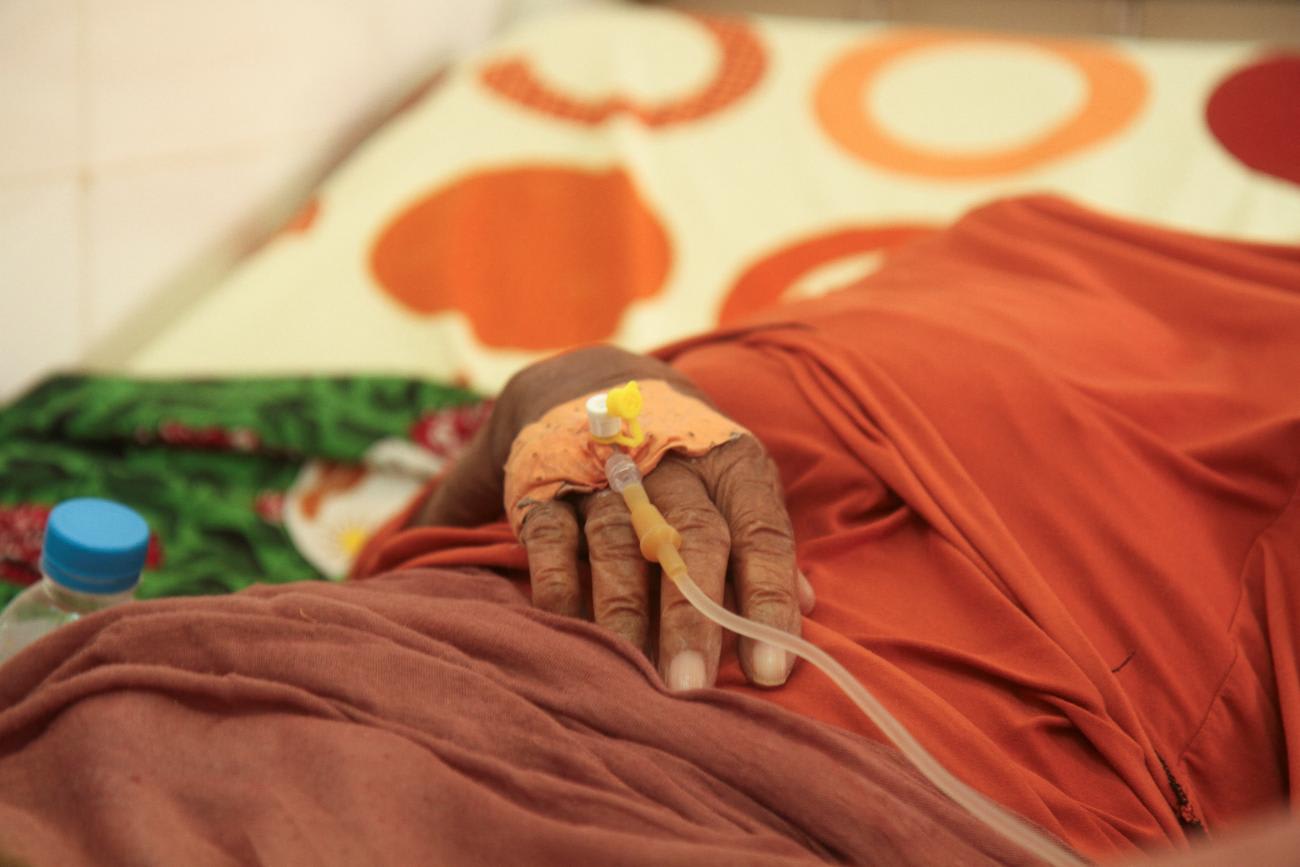
When Childbirth Becomes Life or Death
Heat is a well-known denigration of health. It exacerbates existing conditions such as cardiovascular disease and diabetes, increases the risk of infections, and causes ailments such as high-fatality heatstroke. Heat-related mortality has increased worldwide by 85% in recent years.
Women have even more at stake as extreme heat wreaks havoc on reproductive health in several compounding ways. High temperatures trigger hormonal imbalances, disrupting menstrual cycles, and causing more stress to women's and girls' bodies.
Heat also hampers childbirth. Because of differences in thermoregulation, or the way different biological sexes balance their core temperatures, females are more vulnerable—particularly if pregnant. Fetal metabolism generates considerable heat, and high outside temperatures can overwhelm a mother's body as she tries to dissipate excess heat and keep the fetus healthy.
Hot weather has been linked to a web of ailments for mother and fetus both, including preterm births, stillbirths, gestational diabetes, maternal hemorrhage, sepsis, dehydration, and endocrine dysfunction. High ambient temperatures also increase rates of infections and illnesses that are high risk for pregnant people, such as malaria. Extreme weather events caused by climate change disrupt family planning and cause stress to women's bodies that affect healthy fetal growth.
Getting Out of the Heat Mirage
Much of the world has been increasingly concerned about falling birth rates. For years, demographic experts have watched Africa's booming population growth with a wary eye; concerns still abound about how the continent's sorely underinvested development will handle this growth, but even Africa's birth rate is slowing now.
As population loss seeps into policymaking, women will need appropriate care and protection from threats such as extreme weather. Currently, women in Africa have less access to health care than their male counterparts despite being a critical force in ensuring Africa's future.
We are witnessing a war on women and girls
With proper policies to address women's work conditions and equitable access to health care, experts believe that women can be more empowered to take bigger economic and social roles in their communities.
Women should lead these solutions, according to health equity experts and independent studies.
Africa is beginning to lead by example—the continent welcomed its first chief heat officer, Eugenia Kargbo, in 2021, and she's identified women as a core demographic to protect.
"Women are one of the most disadvantaged groups exposed to extreme heat," Kargbo, who is based in Freetown, Sierra Leone, has said. How she'll accomplish this, she's resolved, is by pledging to work with them to find adaptation measures.
She's already made changes to open-air markets to provide relief from the sun in Freetown and has a strategy for citywide heat protection. That's just the start: Kargbo is looking to take on several more cities across Africa next.
In addition to supporting African women leaders in their heat-adaptation goals, others around the world can take notes from leaders such as Kargbo. As heat continues to climb, so does the need for equitable and climate-proof measures to protect women. The searing heat waves will be unrelenting: The question is what safeguards can be put in place to intervene before life or death hang in the balance.
